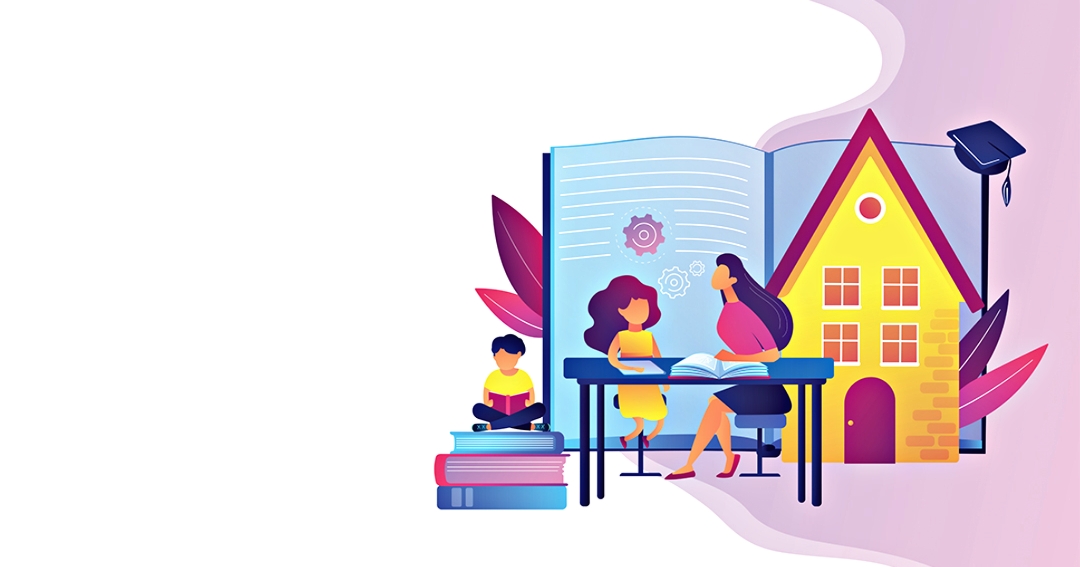
Different families may have different reasons to choose home schooling over traditional education. The following are the three reasons discussed in this article: 1) the way the curriculum is laid out, 2) the small size of the class, and 3) how resources are used.
Design of Instruction
According to Hannah (1996), “Curricula became as creative as parents chose to be, with choices ranging from printed materials to computer-generated programs, libraries/museums, field trips, resource facilities, networking opportunities, and public school resources.” The individuals who pick self-teaching today have a lot more options accessible” (Hanna, 2012, 613).
Parents who run a home school are free to decide how their children will be taught based on their predetermined goals and budgets. The only thing that can limit each homeschool project is the amount of time the planner spends researching the state, its guidelines, its resources, and any other material and personnel resources that are available.

Class Size
The number of students in a homeschooling class can be limited to those in a single family or include students from multiple families. In the latter scenario, individualized instruction from the educator inside the home can supplement educational experiences with other families and larger classes.
Check out the options for recording, transferring, and managing lesson credits when researching instructional material and providers. Does the service provider provide the option to purchase materials that do not require the company to keep records, such as online or distance learning instruction packages?
Utilization of family resources
Parents may choose to homeschool their children so that they can use the skills of a parent who is an educator and works as a volunteer teacher or learning coach from home. Students from families with one income may find that homeschooling is a more cost-effective option.

Parents who are good at research and planning might also benefit from becoming home educators. There’s no need to give up on the idea of homeschooling simply because you don’t have enough money.
The family’s children are the most valuable asset. To determine whether homeschooling will be more beneficial than traditional education, each student should be considered individually.
The three reasons discussed in this article ought to serve as a starting point for considering whether or not a family’s students would benefit from homeschooling. Add more reasons to your research if the opportunity to choose how the students are taught, the size of the class, and how resources are used are not enough to convince you to homeschool your children. This article is not the end, but rather the beginning.
The author is L. G. Hanna. Getting an Education at Home: Curriculum, materials, and methods are studied over time. 44(5), 609-631, Education and Urban Society.
#education #student #homeschooling